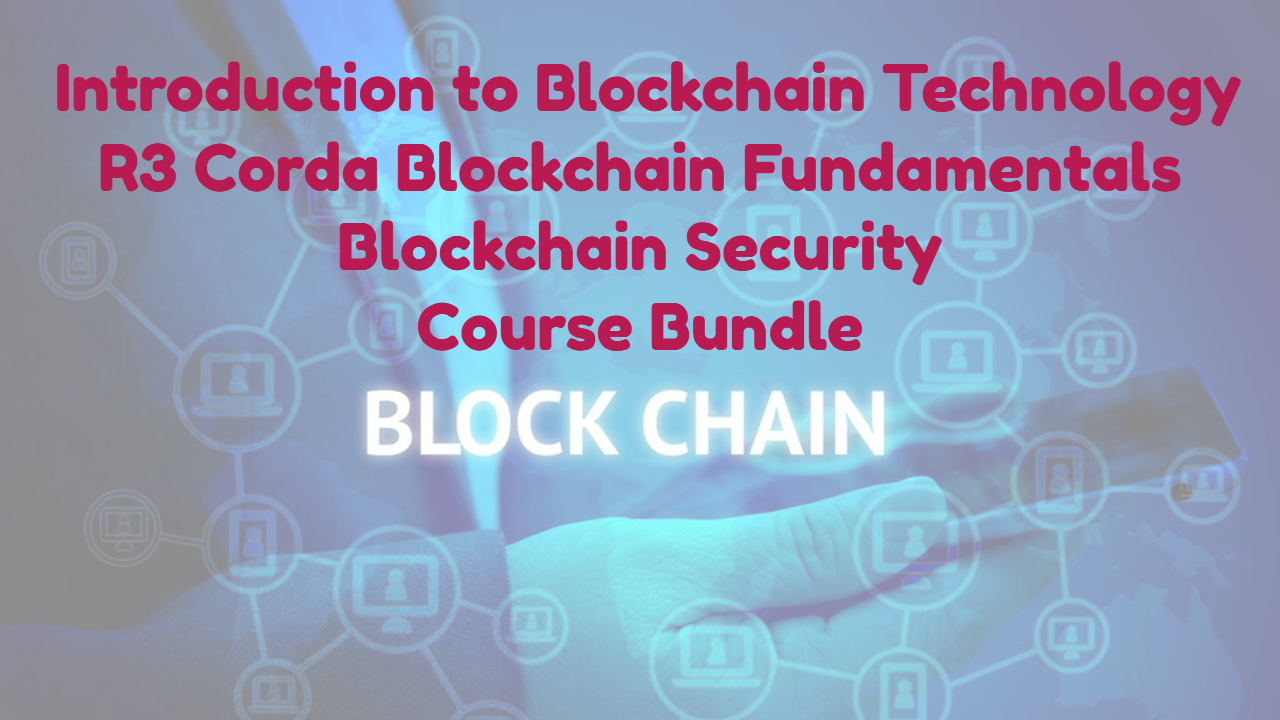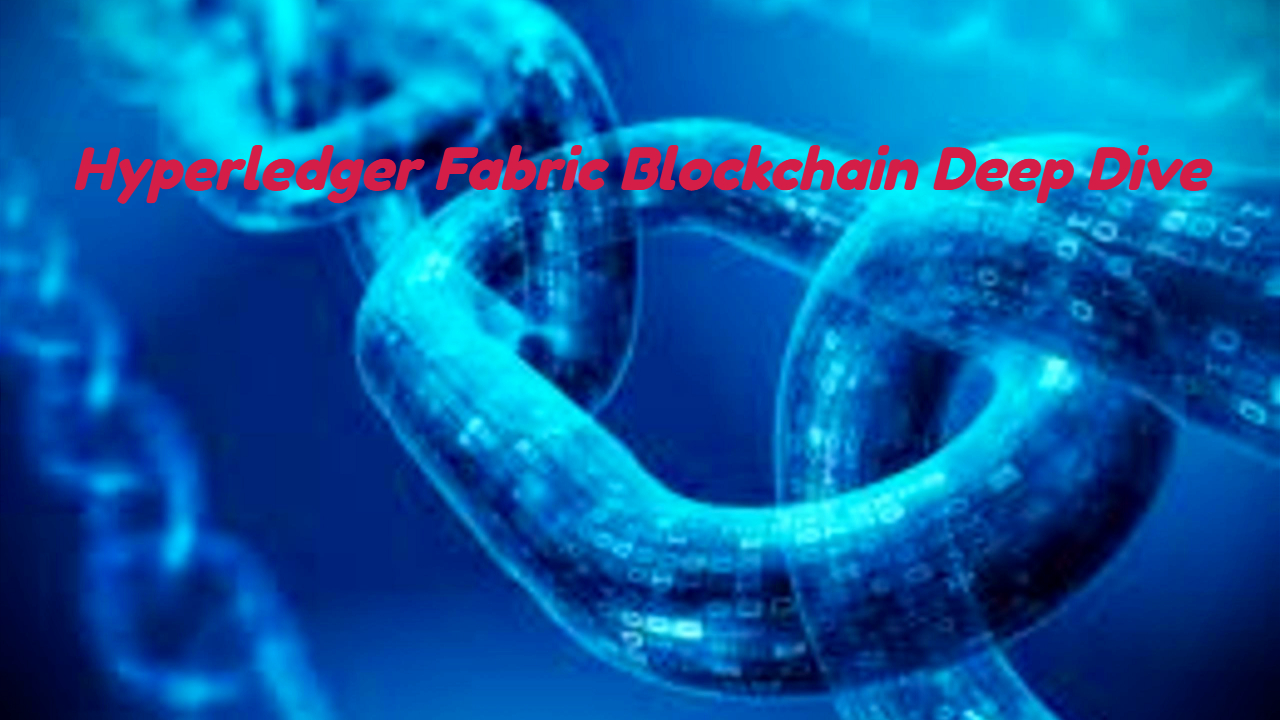Copyright © 2026 LOOP All Rights Reserved.
Intro to Blockchain Technology, Blockchain Security and R3 Corda

Course Description
This course will help you identify and differentiate between security threats and attacks on a Blockchain network. Blockchain security methods, best practices, risk mitigation, and all known (to date) cyber-attack vectors on the Blockchain will be covered. You will also learn how to perform a Blockchain network security risk analysis and glean a complete understanding of Blockchain's inherent security features and risks.
You will learn the key aspects around Blockchain and Bitcoin, including: What is a blockchain? What is Bitcoin? What are smart contracts? What is a cryptocurrency? What are digital tokens? How blockchain and Bitcoin are related and why it is so important to know the relationship. Some common misconceptions about blockchain and Bitcoin.
R3 Corda Blockchain is an enterprise blockchain distributed ledger. A blockchain is a tamper-evident, shared digital ledger that records transactions in a public or private peer-to-peer network. Distributed to all member nodes in the network, the ledger permanently records, in a sequential chain of cryptographic hash-linked blocks, the history of asset exchanges that take place between the peers in the network. This course has been designed for technical architects, pre sales architects, developers and project managers who must make technical decisions about distributed architectures and development platform
Course Objectives
• Identify and differentiate between security threats and attcks on a Blockchain network
• Learn about Blockchain security methods, best practices, risk mitigation, and all known (to date) cyber-attack vendors on the Blockchain
• Learn how to perform a Blockchain network security risk analysis and glean a complete understanding of Blockchain's inherent security features and risks
• What is Blockchain?
• What is Bitcoin?
• What is cryptocurrency?
• What are digital tokens?
• How Blockchain and Bitcoin are related and why is it important to know the relationship?
• Learn about common misconceptions about Blockchain and Bitcoin
• What is R3 Corda Blockchain?
• Making technical decisions about distributed architectures and development platform
Content
Intro to Blockchain Technology, Blockchain Security and R3 Corda
Intro to Blockchain Technology, Blockchain Security and R3 Corda
- Duration 11 hr 0 mins
- Skill level All Levels
- Languages en_US
- Tag(s) SkillsFuture Certification


